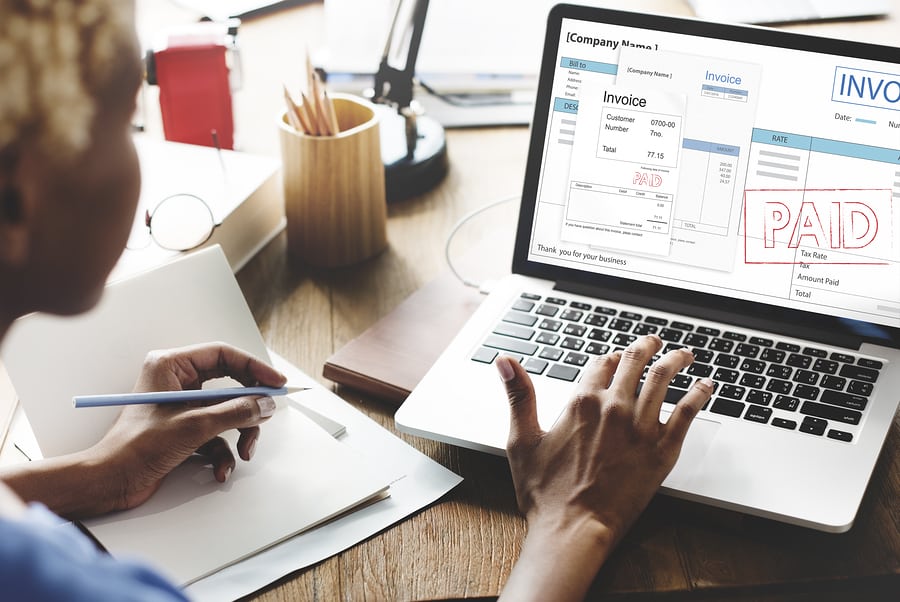A business’ operation cycle, no matter how complex it may appear, always has these three main stages: sale of products or services, invoicing of client, and collection of accounts receivable on such invoices.
What happens when there’s substantial delay on the part of the client? For his part, he’ll probably suffer late charges and penalties. However, the delay could be more detrimental for the business venture, especially if it’s struggling, since operations can be halted, employees will have to wait longer before they get paid, and there won’t be money for the owner to take his profit.
In this article, we’ll discuss three common funding strategies for business and their respective head-to-head comparison. Who has the edge on invoice factoring vs bank loans?
Bank Loans
Banks are the first establishments that come to mind when thinking of raising working capital. It’s either secured or unsecured. Secured loans are backed by physical assets like house and cars, while unsecured loans rely on one’s good credit rating to be approved. Generally, unsecured loans are harder to get.
In terms of interest, risks are always associated in the computation. A $2,000 loan for a period of 12 months is bound to have a lower interest than a 36 month one with the same principal. Why? It’s because the collection period is relatively shorter, giving more assurance that it’ll be paid and the bank could use the sum for more profitable schemes.
Typically, one should wait for a stated period of time (30, 60, or 90 days), before a bank loan can be approved and processed.
Invoice Factoring
Invoices that are within 90 days from collection can be sold and assigned to a factor in exchange of advance payment for up to 80% of the total amount of invoices. To simply put it, it’s as if a business is selling its invoice to another entity for the same amount in exchange of paying a factor fee (normally 3% of the total invoice amount) at the end of the agreement.
Here are the 5 steps in invoice factoring:
- The business, in its normal operation, invoices clients with net terms of 30-90 days
- The business then sells and assigns its invoice to the factor.
- The factor pays in advance 80% of the invoice.
- Customers now pay the factor when the invoice is due.
- The factor forwards the remaining 20% of invoice, net of factor fees.
Later, we’ll know who wins on the invoice factoring vs bank loans matchup.
Invoice Factoring vs Bank Loans
Obviously, invoice factoring and discounting, both products of invoice financing, have edges against bank loans. These two services resulted as means to combat the perceived disadvantages of banks.
The following are the advantages of invoice factoring over bank loans.
- Invoice factoring creates cash faster.
Time is money in business. The sooner you get money, the better it is for the business since cash is its blood vessels. As opposed to bank loans which can take up to 90 days before approval and disbursement of cash, funds in invoice factoring are usually released within 24-48 hours.
Because invoice factoring companies assess the value of your invoice based on the trustworthiness of your business’ clients rather than your personal finances, you have better opportunities of converting more invoices to cash (considering you thoroughly screened your clients).
- It allows businesses to better manage their credit.
Since invoice factoring gives businesses a quick boost in working capital, business can enjoy financial cost savings as a result of having cash when needed. How? For instance, you have loans on individuals that need to be paid. Because invoice factoring gets you paid in advance through a factor, you can avoid unnecessary delay in your principal payments, preventing you from paying late fees or surcharges.
A business’ credit score is also improved, since funds become more available when needed. This, in turn, produces business growth as business loans become more feasible.
- It mitigates certain business risks such as non-payment.
Non-recourse invoice factoring passes the risk of non-payment to the finance company. This means that you get advance payment on your invoices, whether it gets paid or not.



Recent Comments